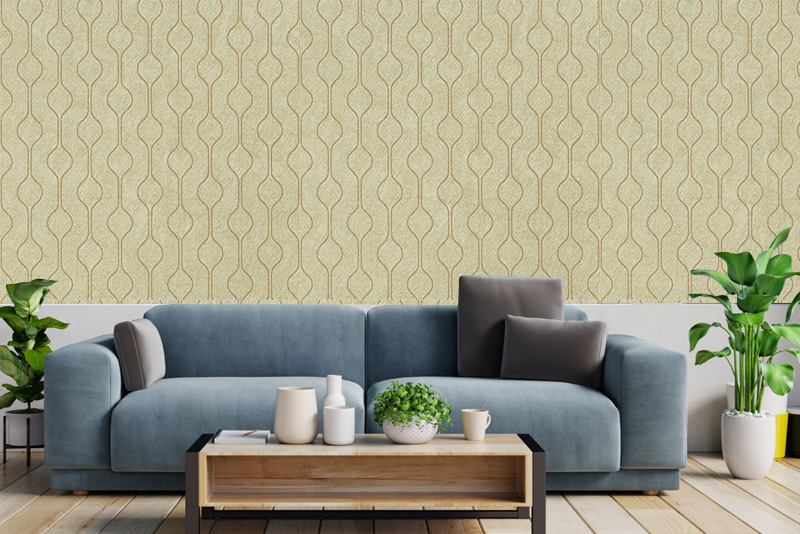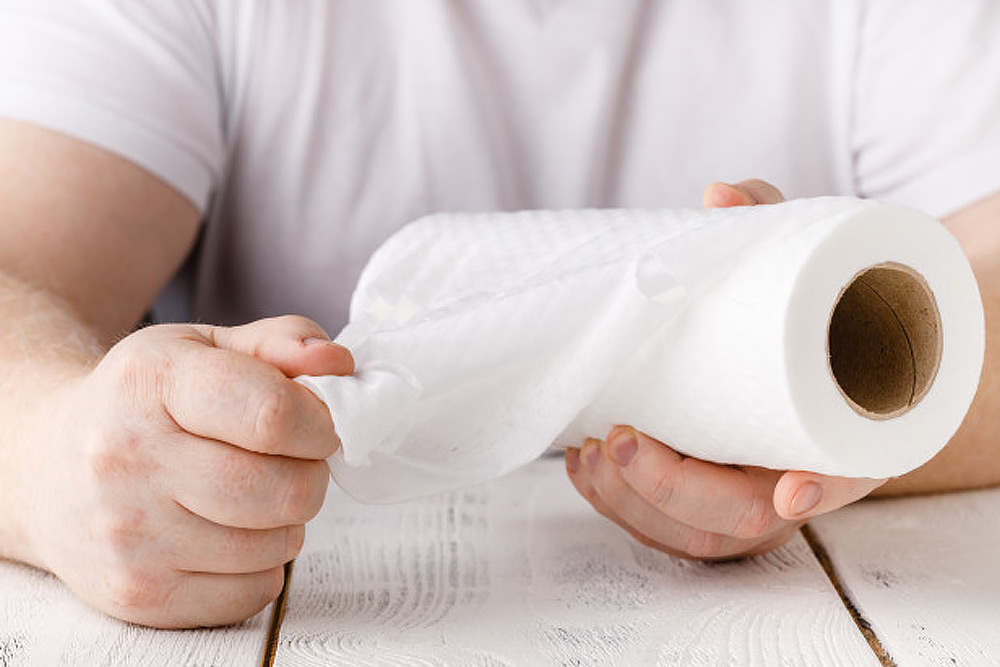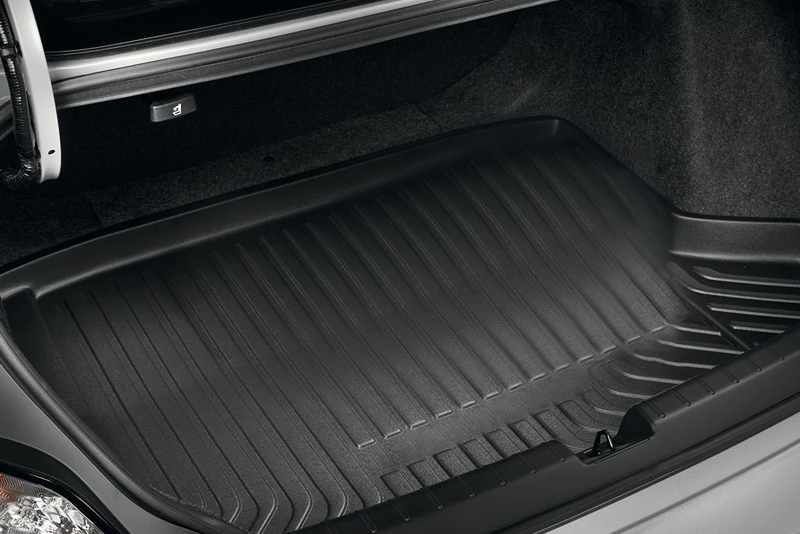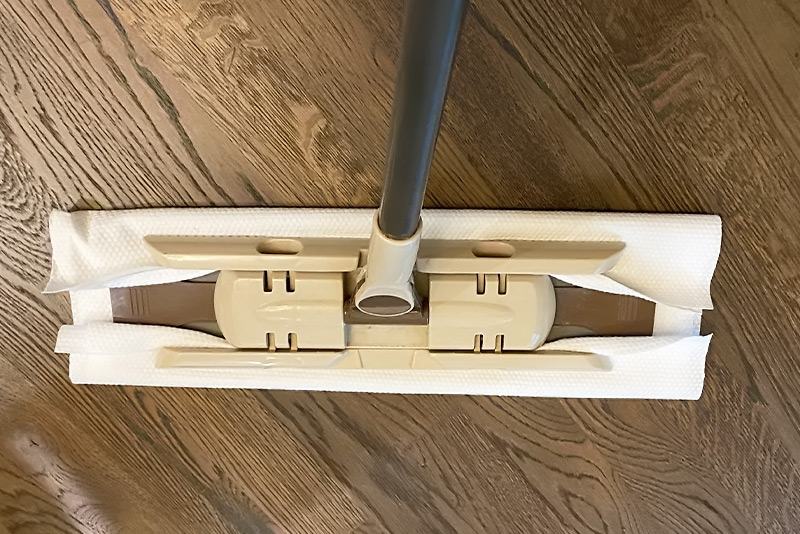Nonwoven towels and regular towels each have their own set of characteristics that can influence hygiene, and the comparison depends on factors such as material, usage, and maintenance. Here are some considerations when assessing the hygiene of nonwoven towels compared to regular towels:
Nonwoven Towels:
Disposable Options: Some nonwoven towels are designed for single-use or disposable purposes. Disposable towels can contribute to hygiene by minimizing the risk of cross-contamination between users.
Lint-Free Properties: Nonwoven towels are often engineered to be lint-free, reducing the chances of leaving fibers or lint on the skin or surfaces. This can contribute to a cleaner and more hygienic experience.
Quick-Drying: Quick-drying properties of nonwoven towels can help prevent the growth of bacteria and mold. The ability to dry rapidly between uses contributes to maintaining cleanliness.
Convenient Packaging: Nonwoven towels, especially disposable ones, often come in convenient packaging that protects them from external contaminants. Individually wrapped towels or sealed packs can enhance hygiene during storage and transportation.
Formulations with Antimicrobial Agents: Some nonwoven towels may be formulated with antimicrobial agents or skincare ingredients that provide additional hygiene benefits during use.
Regular Towels (Cotton, Microfiber, etc.):
Reusable Nature: Regular towels, being reusable, require regular washing to maintain hygiene. Proper washing and drying are essential to remove bacteria, odors, and other contaminants.
Versatility: Regular towels can be used for various purposes, including bathing, face washing, and hand drying. Their versatility can make them a practical choice in many situations.
Regular Maintenance: The hygiene of regular towels depends on consistent and thorough washing. Towels that are not cleaned regularly or are used by multiple individuals without washing can harbor bacteria and germs.
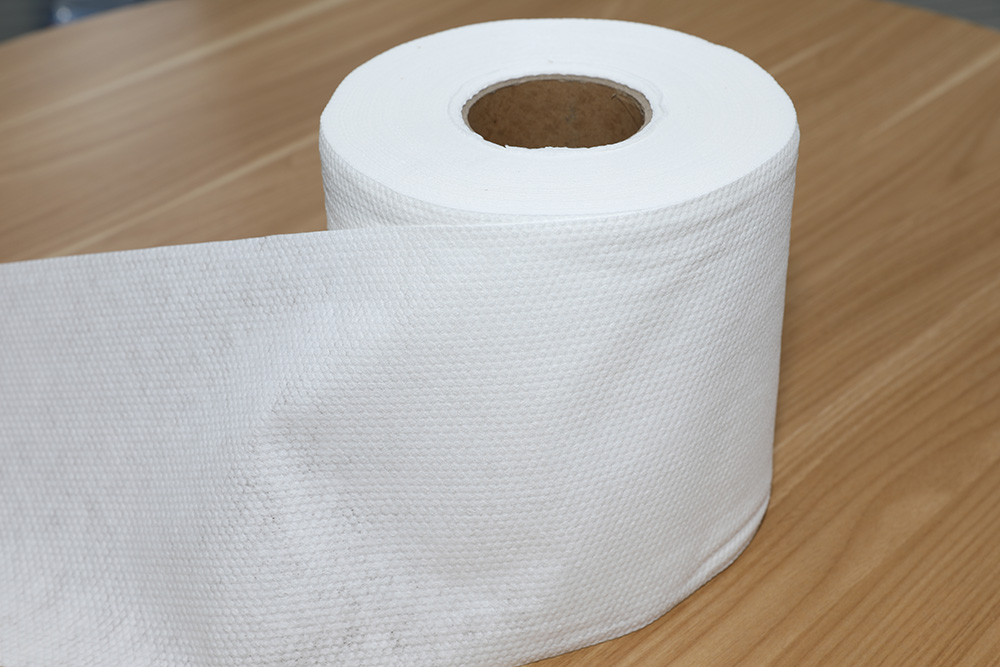
Material Matters: Towels made from natural fibers like cotton can absorb moisture effectively but may take longer to dry. Microfiber towels, on the other hand, are known for their quick-drying properties.
Considerations:
Specific Use Cases: The choice between nonwoven and regular towels may depend on the specific use case. Disposable nonwoven towels may be preferred in certain healthcare or beauty settings, while regular towels may be more suitable for personal use at home.
Environmental Impact: Considerations about the environmental impact may influence the choice between disposable nonwoven towels and reusable regular towels. Sustainable practices, such as using reusable towels and washing them responsibly, can be considered for reducing waste.
Individual Preferences: Individual preferences and habits play a role in determining which type of towel is perceived as more hygienic. Some individuals may prefer the convenience of disposable nonwoven towels, while others may prioritize the feel and familiarity of regular towels.
Both nonwoven towels and regular towels can be hygienic when used and maintained appropriately. The key is to choose the type of towel that aligns with the intended use, personal preferences, and hygiene practices. Regular washing and proper care are crucial for maintaining the hygiene of reusable towels.


 English
English 简体中文
简体中文 日本語
日本語

